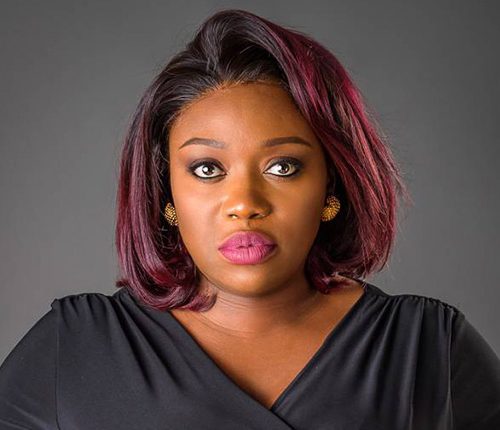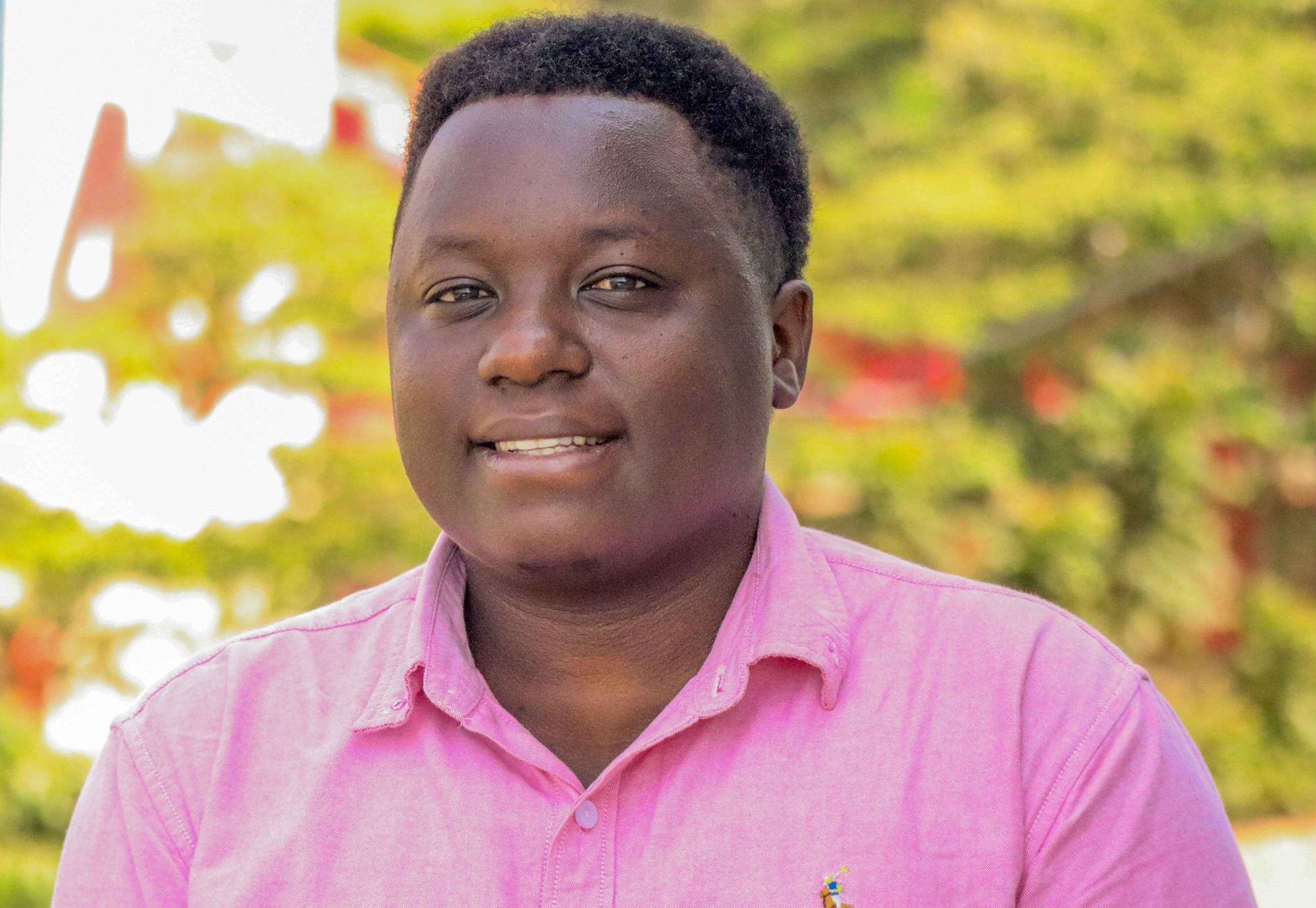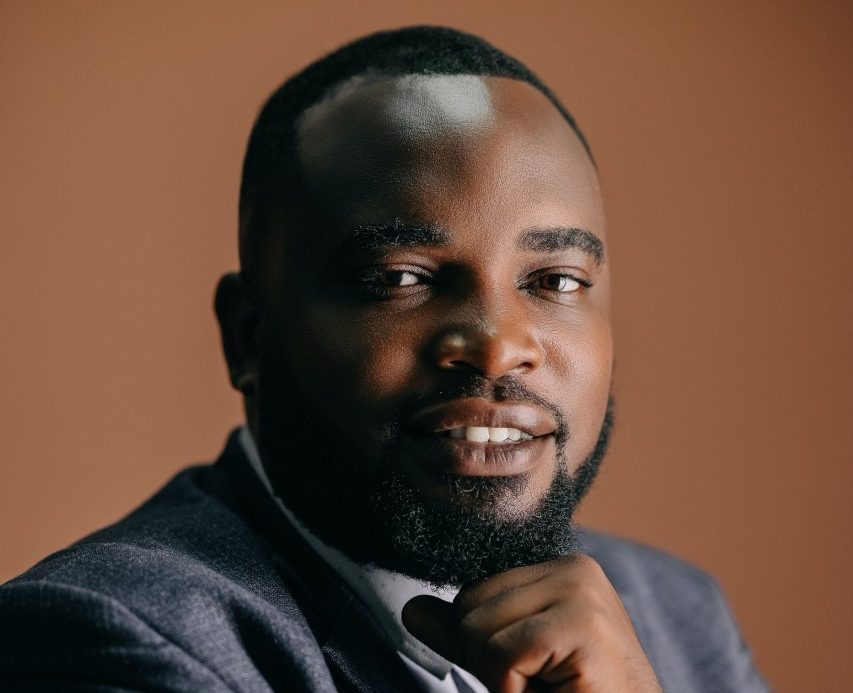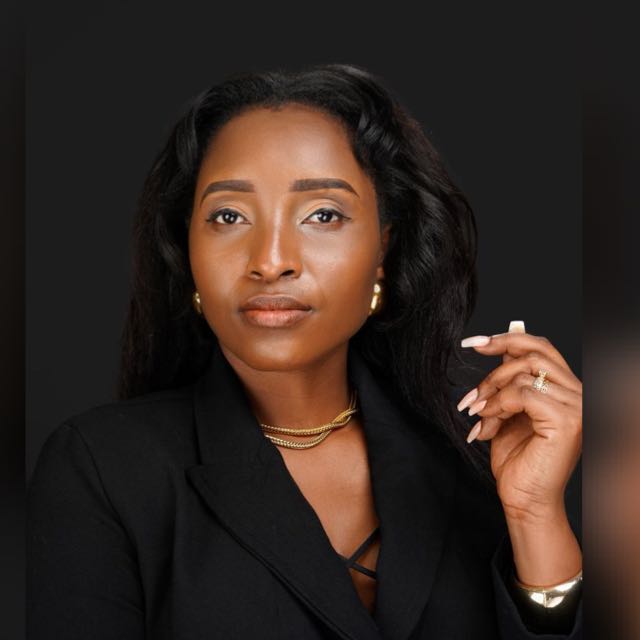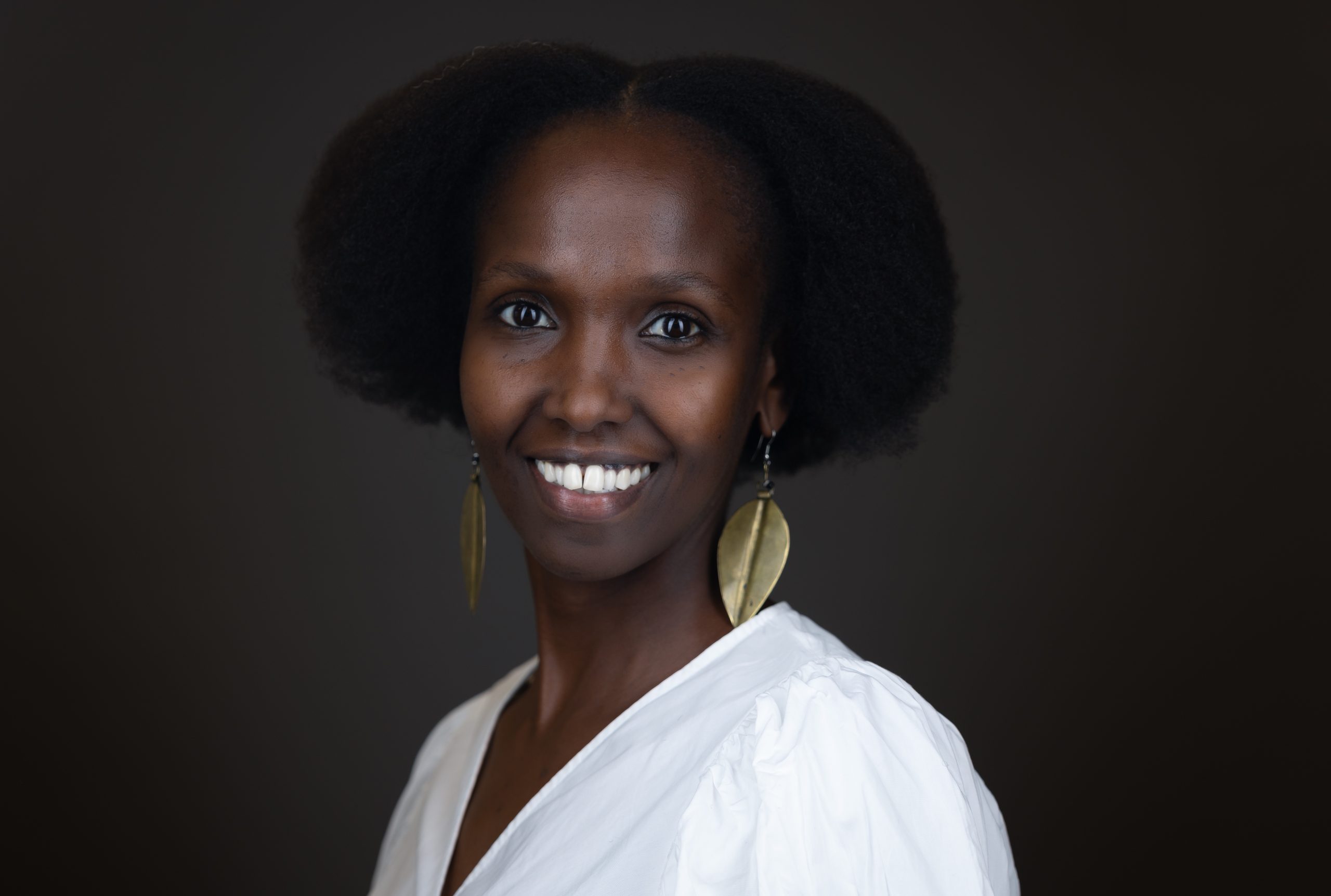Tosin Adefeko is the Founder and CEO of AT3 Resources, the Muvmnt Agency and the Muvmnt Studio.
The world is saturated with news, hot takes, and highlight reels, but very little of it feels real. In all that noise, it’s the stories that sound like us, look like us, and reflect what we’ve actually lived that truly cut through. Stories that connect, not perform. That’s what podcasting offers in a time when so much content is designed to be consumed, not felt.
And here in Nigeria, that need for connection is even more urgent. We’re navigating a lot; culturally, politically, economically. But beneath the headlines and the data points are everyday people who want to be heard. People with stories that don’t make the front page but shape the way we understand ourselves. That’s what podcasts are holding space for: truth-telling, memory-keeping, and community-building. All through voice.
At The Muvmnt Studio, storytelling is the foundation of everything we do. It’s how we connect people, communities, and culture. As strategic communications consultants, we have always told brand stories, but now, we are intentionally amplifying consumer-led narratives to create deeper, shared connections. Connections are built on shared experience, and shared experience is where community begins. This is why we launched signature podcasts like L.I.F.E on the Muvmnt Pod with Simi Drey and the Uncovered series which is a curated documentary about the life and times of influential figures.
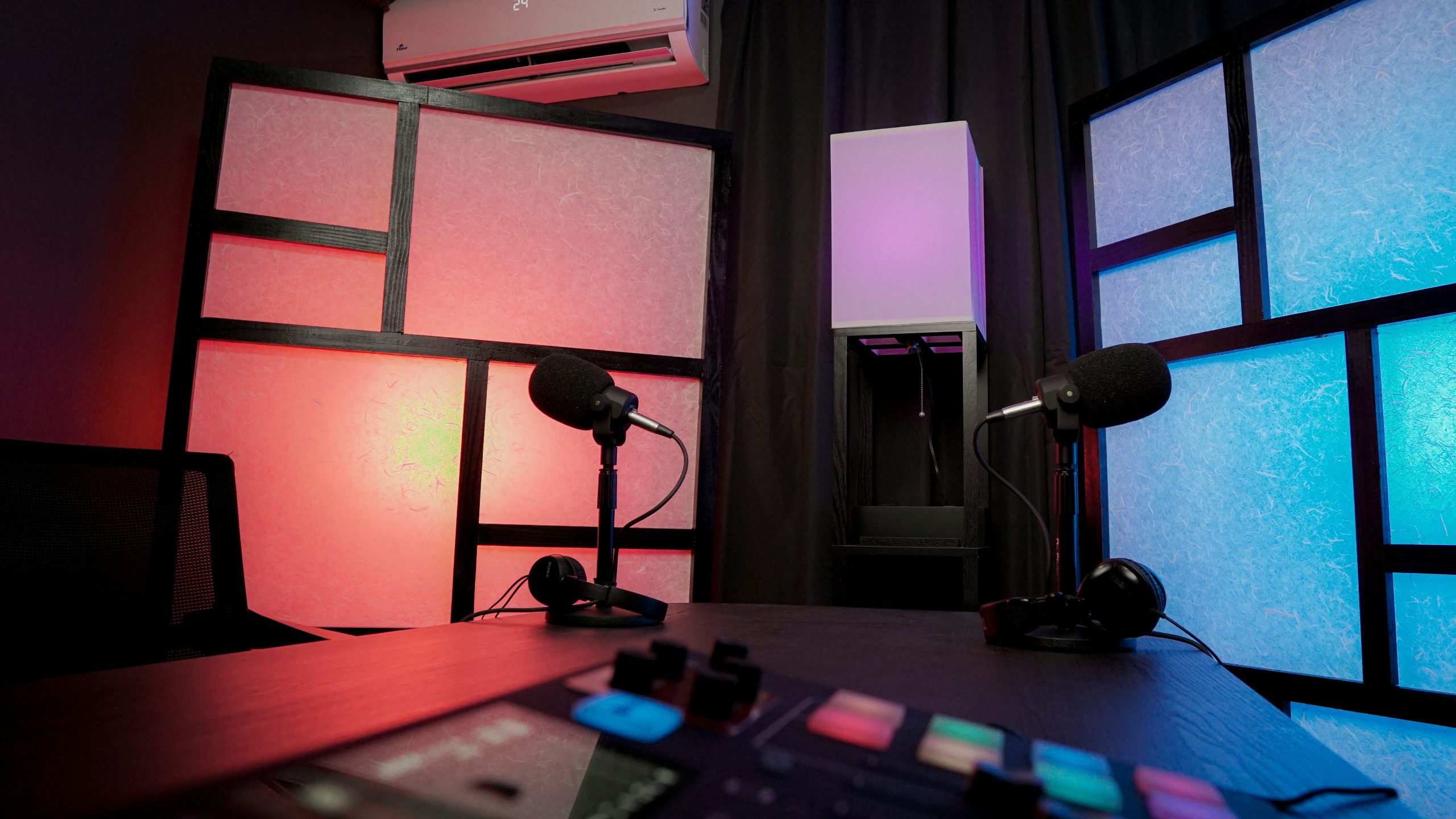
At its core, podcasting is about voice, and voice builds community. It has created space for everyone. You don’t need a big budget or a studio to start. What you need is perspective/concept. And when people share theirs, unfiltered, local, personal stories, others listen. Not just for entertainment, but to feel seen. This is how community forms: through voices reflecting realities we all recognise.
Podcasting has quietly become one of the most intimate forms of media. You’re not just watching or scrolling past it, you’re listening, usually alone, in traffic or sometimes while laughing out loud. That intimacy creates space for truth. And when people hear themselves reflected in someone else’s voice, a bridge is built, not just to that person, but to the community their story represents.
Unlike other digital content forms that prioritise virality, podcasting thrives on intimacy and consistency. The creator-listener relationship is more personal than transactional. Listeners often tune in weekly, building a kind of trust with the host — even if they’ve never met. That trust becomes a kind of community currency. Whether it’s a show dissecting pop culture, exploring local politics, or preserving language and folklore, every episode becomes a gathering point for people who share values, questions, and lived experience.
And as the podcast space in Nigeria grows, we’re seeing the rise of niche communities. From mental health pods to storytelling around gender, tech, parenting, culture and faith, these shows aren’t just attracting listeners, they’re creating movements. Listeners become collaborators. Guests become co-creators. That’s deeper than content. That’s infrastructure for culture.
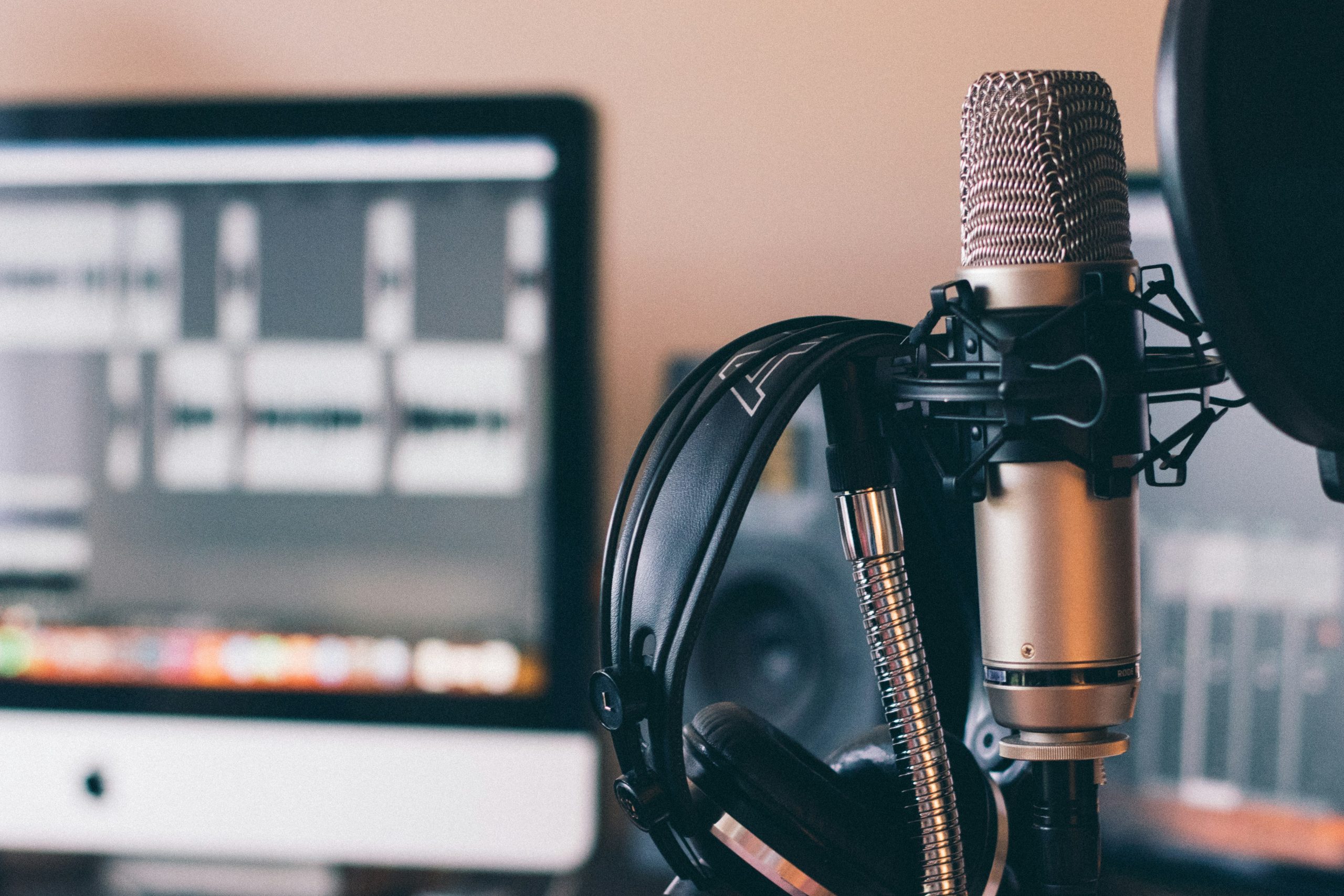
Storytelling has always been at the heart of human connection, and today, podcasts are redefining how those stories are told and heard. More than just a medium, podcasting has become a creative melting pot that brings together diverse voices — from creators and brands to cultural influencers and policy leaders — in ways that shape conversations, shift perspectives, and spark innovation.
It is a space where collaboration thrives, ideas about future trends and audience behaviour are exchanged, and emerging storytellers gain the tools and insights they need to grow. In an era where audiences are seeking authenticity and depth, the rise of podcasting reflects a broader movement towards celebrating voices that might otherwise remain unheard.
Podcasting has grown into more than a medium for entertainment — it is a cultural force that unites storytellers, creators, brands, cultural leaders, and policy thinkers in one shared space. At its core, it represents the power of storytelling meeting the promise of community-building, a convergence where dialogue flows across sectors and generations. In this intersection, stories become catalysts for understanding, collaboration, and innovation, shaping not only how we listen but how we connect with one another.
Storytelling today is more than a trend — it’s the heartbeat of meaningful communication. For brands and creators alike, it’s how we make sense of culture, capture shifting realities, inspire impact, and pass on heritage. In Nigeria’s growing podcasting space, storytelling is no longer a sideline; it’s a tool for sparking movements.
You’ll agree that the future of communication is rooted in connection — not as a buzzword, but as a practical necessity. Without connection, we’re just scrolling ourselves numb. Without community, even the best ideas fall flat.
So what happens when we create a space where storytellers, listeners, brands, and decision-makers all show up, not to impress, but to connect?

